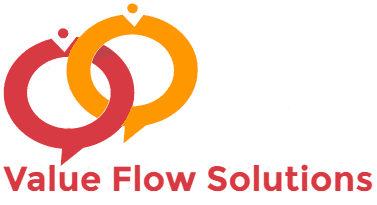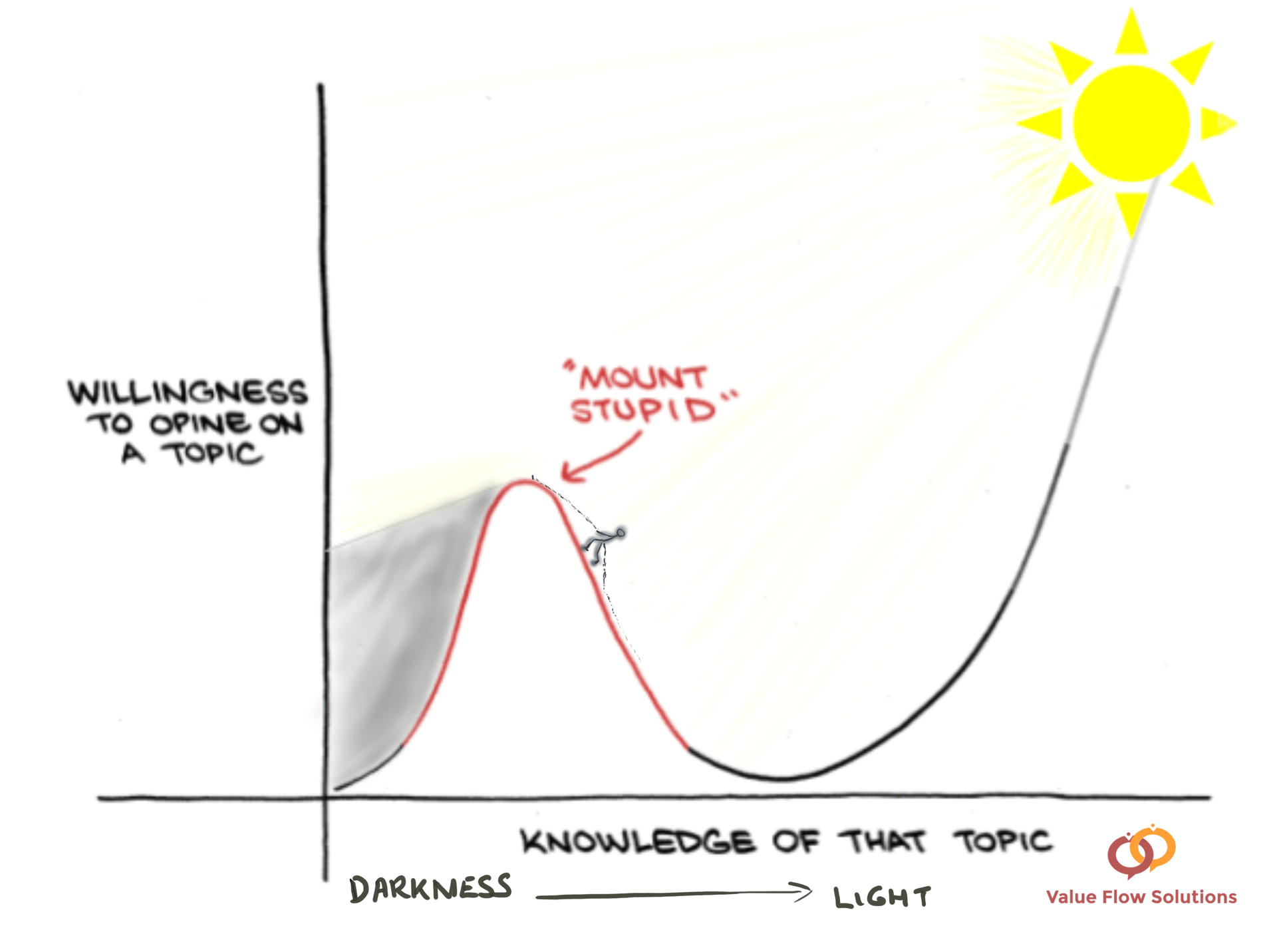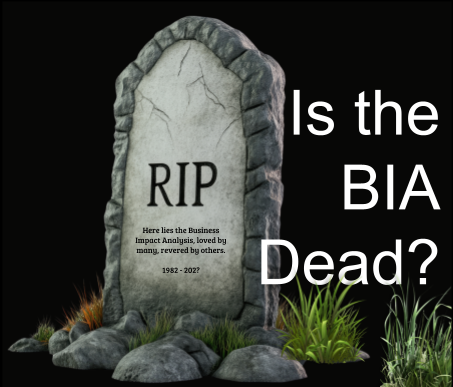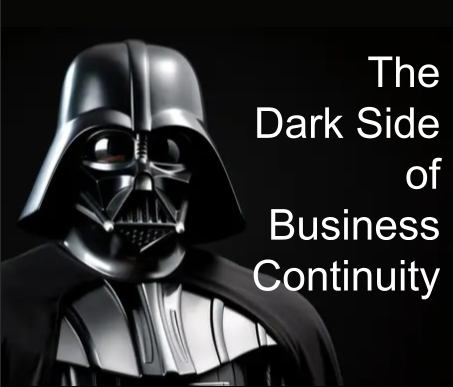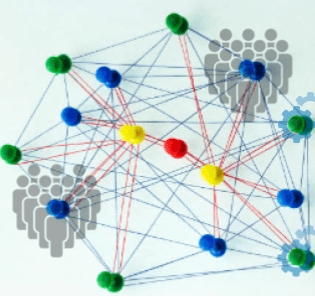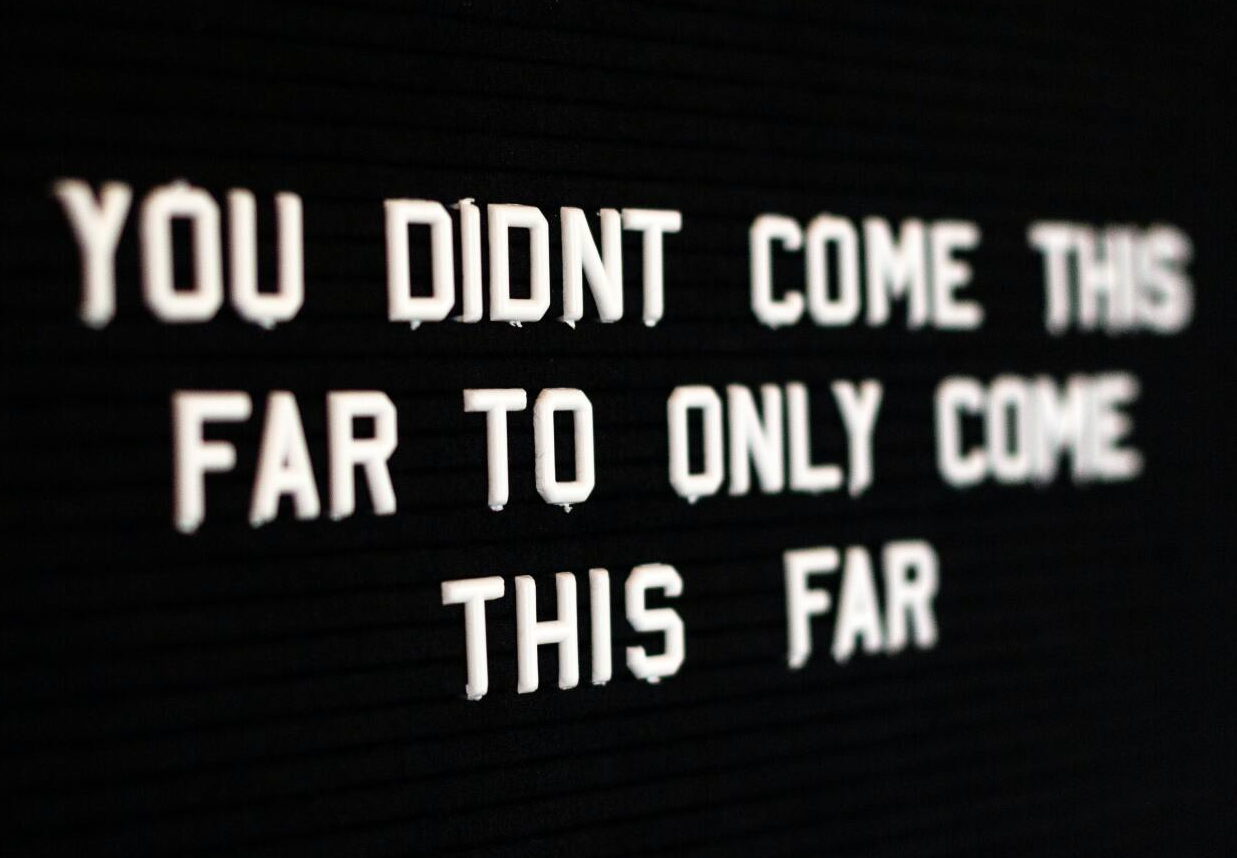Mutatio Cognitio - it’s either a spell from Harry Potter or Latin for change idea. The team need to provide the safety for people to admit being wrong, to change their idea...to change their mind.
Lend a hand and lead them down from the mount with support and encouragement that they're taking on this challenge.
The ability to Change one's Mind publicly, is an underrated and often overlooked skill, indeed a strength. Instead of viewing a change of opinion negatively, be positive, own it, show high intellect - "I now have more information and I have chosen to change my mind"... Mutatio Cognitio.
Often, as people walk up the left side of Mount Stupid, they turn from open minded people to a fixed mindset...maybe not as a whole, but for a given topic. Take their hand (metaphorically) and help them down the enlightened side.
